WSJ: Demand for BlackBerry Q10 is poor

Every now and then, we make a prediction that works out precisely as we called it. Take the launch of the BlackBerry Q10. Earlier this year, after the Canadian OEM announced that the all-touch BlackBerry Z10 would be launched before the QWERTY-equipped BlackBerry Q10, we smelled disaster. Why not go with your strengths when launching a whole new platform, and certainly a phone with a physical QWERTY keyboard would be playing to BlackBerry's strength.
At the time, BlackBerry CEO Thorsten Heins said that the reason for going with the BlackBerry Z10 first was because it was the more difficult of the two phones to make. But a story in Thursday's Wall Street Journal has a different explanation. According to the story, Heins said that the reason he decided to go with the BlackBerry Z10 first to debut the BlackBerry 10 platform was because the company "owned" the QWERTY equipped smartphone market and felt that it could wait.
According to executives with the carriers and retailers, Heins' decision blew up in BlackBerry's face. Sales of the QWERTY-equipped BlackBerry Q10 have been extremely poor. BlackBerry 10 was supposed to help the company get back in the race and compete against iOS and Android. With that hope all but gone, BlackBerry's board has been considering a sale of the company or a spin off of BBM.
To show the extent of BlackBerry's problem, Chris Jourdan discussed his experience with the BlackBerry Q10. Jourdan owns 16 Wireless Zone stores in the Midwest that are third party, authorized Verizon resellers. Jourdan said his stores ordered only a handful of Q10 units. "The handful that sold were returned," said Jourdan. "We saw virtually no demand for the Q10 and eventually returned most to our equipment vendor," he said.
In another sign that BlackBerry 10 models aren't moving, Jeff Trachsel, chief marketing officer at NextWorth, said that he never saw a surge in trade-ins of older BlackBerry models when the new Z10 and Q10 were launched. Trachsel, whose company buys used electronics equipment, says that the launch of a new smartphone model usually leads owners of the older models to try to sell them to raise money to pay for the new unit. "We thought there would be a pocket of die-hard BlackBerry enthusiasts waiting to upgrade, but it seems they have moved on." he said.
At one time the King of the industry, BlackBerry started losing market share with the launch of the Apple iPhone in 2007. BlackBerry management was in denial as they watched the company start its long, slow decline. And even when sales of the all-touch BlackBerry Z10 failed to excite anyone, there was always the QWERTY equipped BlackBerry Q10 that was being counted on to get things back on track. But it never happened. One executive at a Canadian carrier said, "I think we'd all say that the Q10, the one we all thought was going to be the savior, just hit the ground and died. It didn't drive the numbers that anybody expected."
And that is why no one expects much from the 5 inch BlackBerry Aristo. How can they? Another all-touch model, this high-end unit has CEO Heins excited, but not too many others. Expected to launch in November, it could be BlackBerry's swan song as the company prepares for an uncertain future. The company could end up broken up with enterprise services sold to a computer company, BBM sold to a telecommunications firm and the hardware and software parts of the company scattered to the wind.
Meanwhile, BlackBerry responds by noting that it has received orders recently from Univision, ADP and the Department of Defense. It's next earnings report is due out on September 27th. If the numbers are very bad, it could hasten the end of the company that once ruled the smartphone industry.
source: WSJ
To show the extent of BlackBerry's problem, Chris Jourdan discussed his experience with the BlackBerry Q10. Jourdan owns 16 Wireless Zone stores in the Midwest that are third party, authorized Verizon resellers. Jourdan said his stores ordered only a handful of Q10 units. "The handful that sold were returned," said Jourdan. "We saw virtually no demand for the Q10 and eventually returned most to our equipment vendor," he said.
And that is why no one expects much from the 5 inch BlackBerry Aristo. How can they? Another all-touch model, this high-end unit has CEO Heins excited, but not too many others. Expected to launch in November, it could be BlackBerry's swan song as the company prepares for an uncertain future. The company could end up broken up with enterprise services sold to a computer company, BBM sold to a telecommunications firm and the hardware and software parts of the company scattered to the wind.
Meanwhile, BlackBerry responds by noting that it has received orders recently from Univision, ADP and the Department of Defense. It's next earnings report is due out on September 27th. If the numbers are very bad, it could hasten the end of the company that once ruled the smartphone industry.
source: WSJ

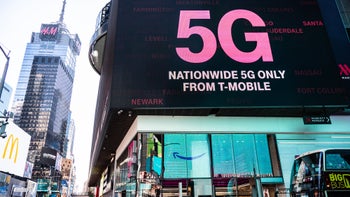
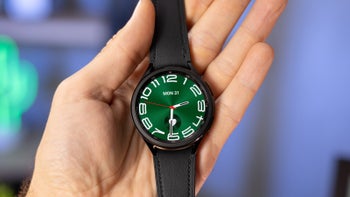
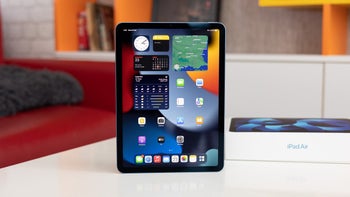

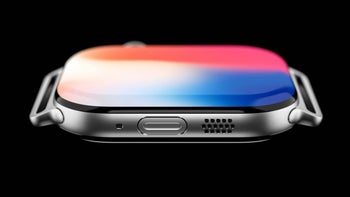
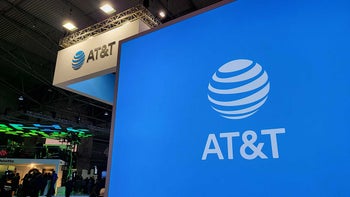
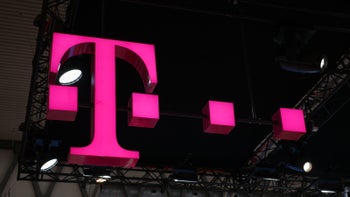
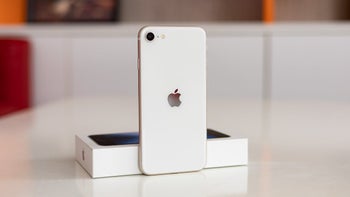
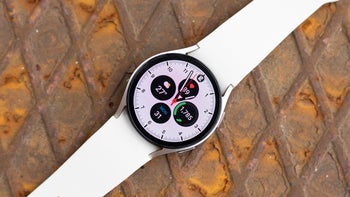
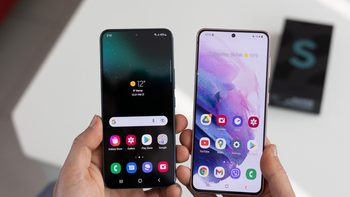


Things that are NOT allowed: